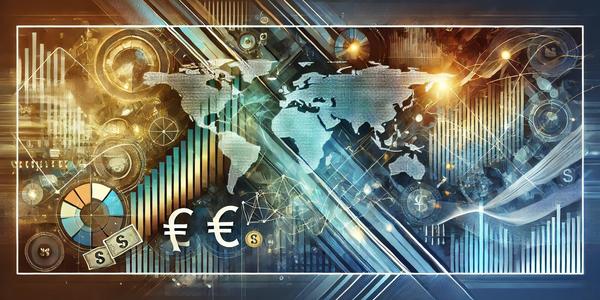Here’s a rewritten version with some formatting adjustments for easier reading:
The Future of Money: The Cost of Consensus
As we move closer to a world where technology is increasingly integrated into our daily lives, the concept of money and its role in facilitating global trade and commerce will undergo significant changes. In this article, I’ll explore how the rise of onchain AI agents and decentralized infrastructure networks (DePINs) will usher in a new era of globalization – Globalization 2.0.
The Cost of Consensus
In the current system, consensus is often achieved through centralized authorities and intermediaries, which introduce friction and costs into the economy. However, with the advent of blockchain technology and decentralized systems, it’s becoming increasingly possible to create permissionless networks that enable seamless communication and cooperation between entities.
At the heart of these decentralized systems lies a new concept of money – one that pays for the compute power required to facilitate global transactions. In other words, the cost of consensus is not just about fees or transaction costs but about the underlying infrastructure that enables seamless communication and collaboration.
Onchain AI Agents
One of the most exciting developments in this space is the emergence of onchain AI agents. These autonomous entities can spin up wallets, communicate with users, and even accept payments for services rendered – all without human intervention. While current examples are still limited, we’re seeing the beginnings of a new era where AI-powered systems can generate economic activity autonomously.
As these agents continue to evolve, they’ll have the ability to analyze data, make decisions, and take actions that create value in various industries – from logistics and transportation to finance and healthcare. The implications are vast: with onchain AI agents, we’ll see a significant increase in productivity, reduced transaction costs, and improved global cooperation.
Globalization 2.0
The emergence of decentralized infrastructure networks (DePINs) and onchain AI agents will usher in a new era of globalization – one that’s more inclusive, efficient, and productive. This future economy will be characterized by:
- Borderless systems: With permissionless consensus, the need for national borders and centralized authorities will diminish.
- Reduced friction: Decentralized networks will minimize transaction costs, reducing barriers to global trade and commerce.
- Increased productivity: AI-powered systems will automate tasks, improve decision-making, and enhance collaboration between entities.
The Network Economy
As we move towards this new era of globalization, it’s essential to recognize the importance of a permissionless consensus mechanism – one that enables seamless communication and cooperation between entities. The cost of consensus will be the underlying infrastructure that facilitates global transactions, making it possible for nation-states to boost productivity and economic growth.
In conclusion, the future of money is not just about digital currencies or payment systems but about the underlying infrastructure that enables global commerce. As we move closer to Globalization 2.0, it’s essential to understand the role of permissionless consensus in facilitating a more inclusive, efficient, and productive economy.
What do you think? Will onchain AI agents and decentralized infrastructure networks usher in a new era of globalization? Share your thoughts in the comments below!



